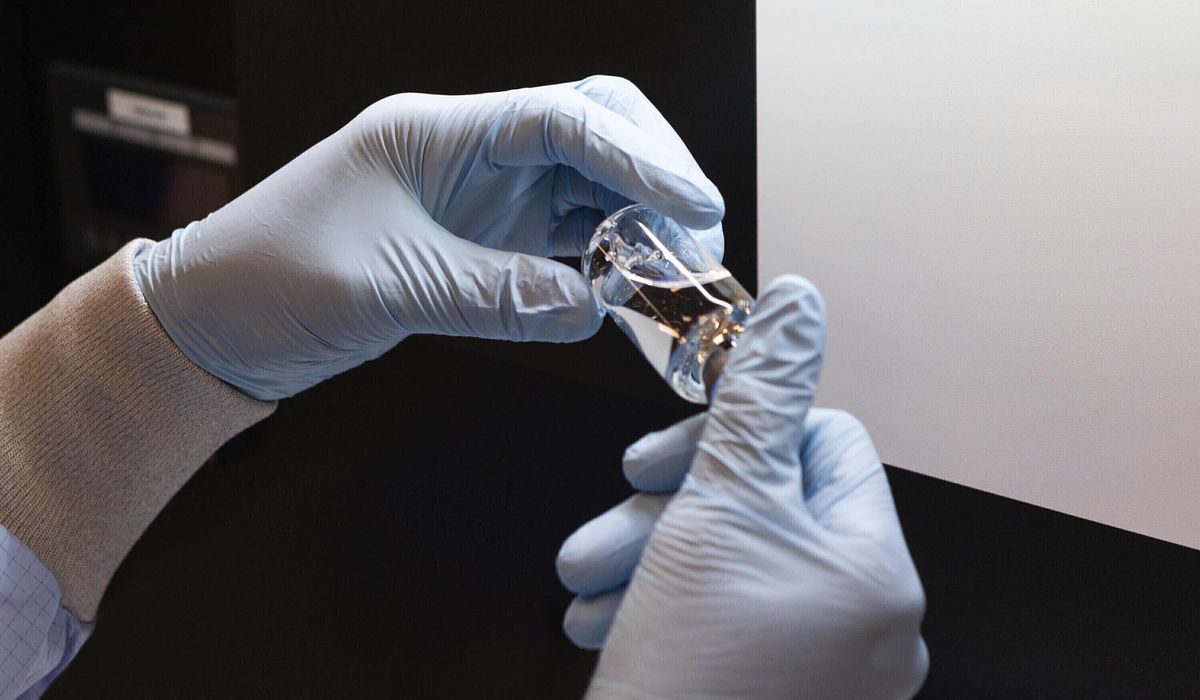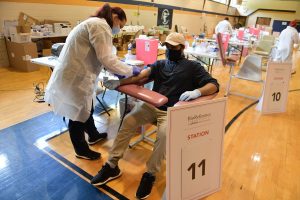Gilead Sciences plans to begin in August human trials of an inhaled version of remdesivir, an antiviral drug that has been shown to treat COVID-19 patients, the biotechnology company announced Monday.
The company said it will start screening healthy volunteers for phase one of the inhaled remdesivir trials this week.
The drug is currently administered to patients intravenously via daily infusions at a hospital.
An inhaled form of the drug would be given through a nebulizer, a device that converts medication from a liquid to a mist, which could allow for easier administration outside of a hospital and at earlier stages of disease, Gilead Sciences CEO Daniel O’Day said in an open letter.
“That could have significant implications in helping to stem the tide of the pandemic,” Mr. O’Day wrote.
Remdesivir, which has been used on Ebola patients, received approval from the Food and Drug Administration in May for treating people hospitalized with COVID-19, the disease caused by the new coronavirus.
A study by the National Institutes of Health has shown that the drug shortened hospital stays from 15 to 11 days and improved chances for survival.
Results showed that the group receiving remdesivir had a mortality rate of 8%, compared to 11.6% for the placebo group.
In June, Gilead Sciences released study findings that found that hospitalized patients with moderate COVID-19 pneumonia who received treatment courses of remdesivir were 65% more likely to clinically improve by day 11 compared to those who didn’t receive the drug.



















